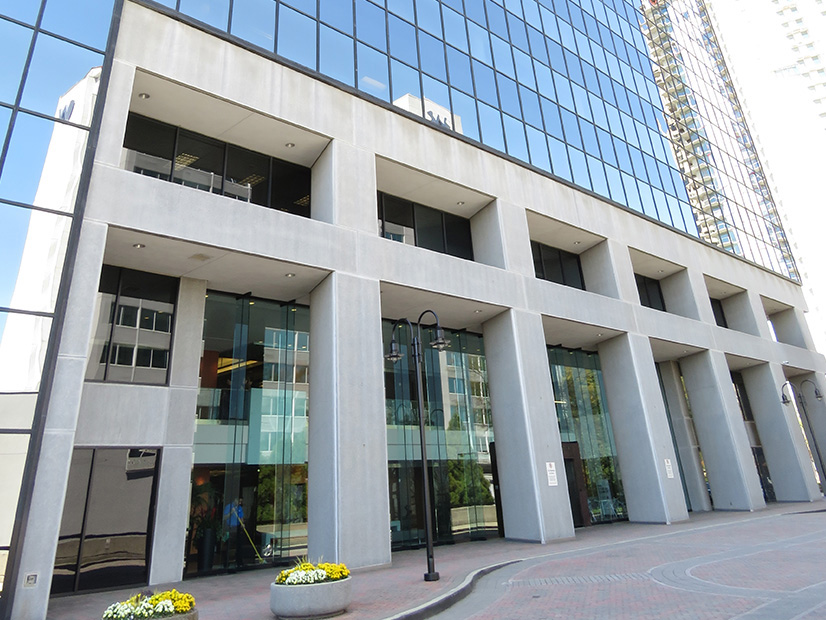FERC on Thursday handed down a mixed decision granting partial approval to the ERO Enterprise’s proposed changes to NERC’s Rules of Procedure (ROP) meant to revise the agency’s Compliance Monitoring and Enforcement Program (CMEP) and other elements of its operations (RR21-10).
NERC and the regional entities submitted the revisions to FERC last September, proposing to update the following areas of the ROP:
-
-
- Section 400 — Compliance and enforcement
- Section 600 — Personnel certification
- Section 900 — Credential maintenance program
- Section 1500 — Confidential information
- Appendix 2 — Definitions used in the ROP
- Appendix 4C — CMEP
-
The changes to sections 600, 900 and 1500 concern NERC’s Personnel Certification and Credential Maintenance Program, and are intended to improve the governance and integrity of the System Operator Certification Program. They would also move responsibility for credential maintenance from NERC’s Reliability and Security Technical Committee to the Personnel Certification and Governance Committee.
The remaining proposed revisions relate to the CMEP and are intended to “further enhance the risk-based approach to the CMEP” and remove “unintended or unnecessarily burdensome limitations” found in the current ROP. The planned changes include “eliminating the three-year audit cycle for reliability coordinators, balancing authorities and transmission operators; removing the public posting requirements for certain reports; revising evidence retention periods; [and] modifying reporting of minimal risk compliance.”
NERC and the REs claimed in their proposal that the elimination of the fixed audit cycle would allow responsible organizations to prioritize compliance activities focused on areas of high risk rather than locking them into performing certain activities at certain times. In addition, the petitioners said the revised evidence retention requirements recognized that not all violations of reliability standards “require the same type of processing and documentation.”
In its Thursday order, FERC accepted all of the non-CMEP proposals without exception. However, while the commission also accepted several portions of the CMEP changes, it found that not all the revisions were “just, reasonable, not unduly discriminatory or preferential, and in the public interest.”
Among its objections, FERC noted that some of the ERO Enterprise’s proposed changes would “remove from commission review much of the ERO’s enforcement of reliability standards.” For example, the commission said that removing the three-year audit cycle was inconsistent with FERC’s requirement of “rigorous audits of compliance,” a problem “exacerbated” by the relaxation in evidence retention requirements.
FERC also objected to the proposal to eliminate reporting of self-logged lower-risk violations, on the grounds that the commission’s regulations require NERC and the REs to report self-reports “promptly” along with investigations undertaken by the ERO Enterprise. In addition, the commission warned that entities will have fewer incentives for compliance if the likelihood of being audited is lower and they are not required to keep records that might bring instances of noncompliance to light.
FERC’s order directed NERC to reinstate multiple requirements of its ROP that it had proposed for revision or elimination, including:
-
-
- that all violations be reported to NERC and the commission, no matter how they are disposed;
- that entities retain evidence to demonstrate compliance for the entire audit period, or the time mandated by the relevant standard;
- that NERC and the REs establish a program for auditing responsible entities and verifying the findings of previous compliance audits;
- that independent audit reports be made public.
-
The commission also ordered NERC to submit a compliance filing within 60 days of the date of the order confirming that the ROP sections had been reinstated.




